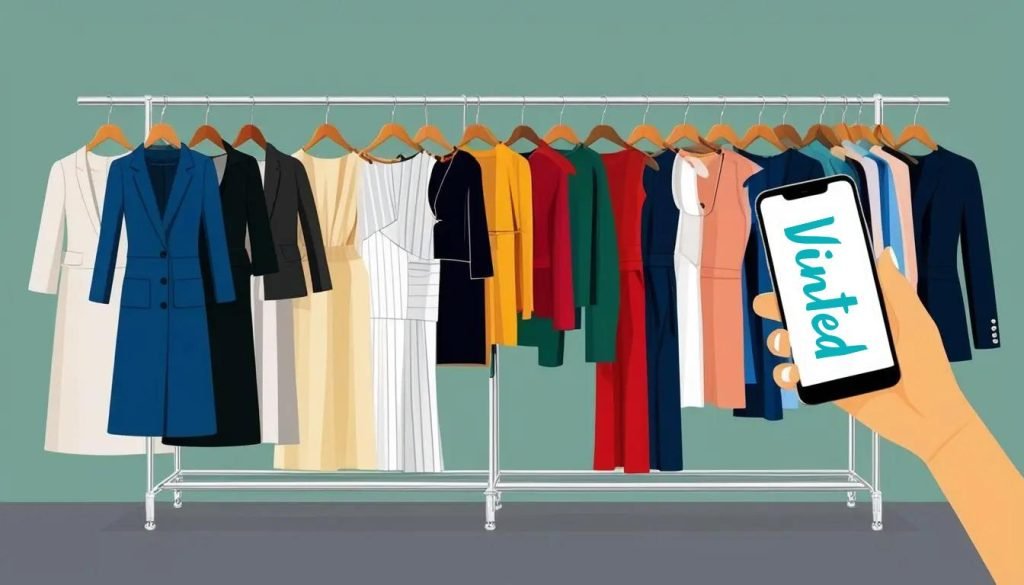Vinted’s rapid growth in the UK highlights changing consumer habits towards sustainable fashion, but raises concerns about mental health and the impact on traditional retail.
In recent years, European secondhand marketplace app Vinted has swiftly gained popularity in the UK, with current statistics indicating a user base of approximately 15 million. Founded in 2008 by Lithuanian entrepreneur Milda Mitkure, Vinted has captured the attention of consumers seeking to engage in the buying and selling of secondhand clothing, contributing to a wider trend towards sustainable fashion consumption.
Vinted’s appeal lies in its unique combination of features that tap into the human psyche’s craving for connection, financial gain, and personal transformation. The app allows users to connect directly with sellers, fostering a sense of community akin to social media platforms, but with a transactional twist. It also emphasises gaining financial benefits through selling items, as well as the allure of discovering bargain deals, offering a seemingly endless cycle of acquiring and relinquishing possessions.
The app’s “search” and “purchase” mechanisms offer an experience vastly different from traditional online shopping, enabling buyers to engage in real-time negotiations with sellers over details such as sizing and measurements, epitomising the thrill of bespoke shopping experiences. Additionally, Vinted’s marketplace has highlighted the inflated prices often associated with high street retail, presenting itself as a cost-effective alternative in the fashion industry.
A UK resident recently shared their experience with Vinted, illustrating the conflicting emotions associated with such platforms. Their narrative reflects a struggle with what they describe as an emerging addiction to the app, driven by a longing for personal renewal through clothing. Despite Vinted’s contribution to reducing clothing waste, the user’s story raises questions about the psychological impact of constant buying and selling, revealing an emotional void that the app’s instant gratification fails to fill.
However, the expansion of Vinted does not come without pitfalls. Users recount instances of fraud, such as counterfeit goods, and disappearing sellers—issues the app’s model attempts to mitigate with features like automatic refunds. Moreover, the local retail environment, particularly charity shops, faces disruption as customers increasingly rely on app-based transactions rather than traditional shopping methods.
While Vinted provides a platform for reducing waste and offers consumers the excitement of thrifty shopping, it has also sparked debates over its broader impacts on mental health and the retail landscape. The app’s rapid growth has been likened to the rise of other community-based services like Airbnb, which, while innovative, also face scrutiny over sustainability in their review systems and long-term effects on communities.
Vinted’s increasing significance in the market highlights ongoing shifts in consumer habits towards more sustainable practices, reflecting broader societal trends. However, as the case of the UK resident shows, the journey towards a responsible and psychologically healthy consumption pattern is complex, and not without its challenges. As the Vinted marketplace continues to evolve, balancing its benefits with the emerging drawbacks will remain a key focus for its community of users.
Source: Noah Wire Services





